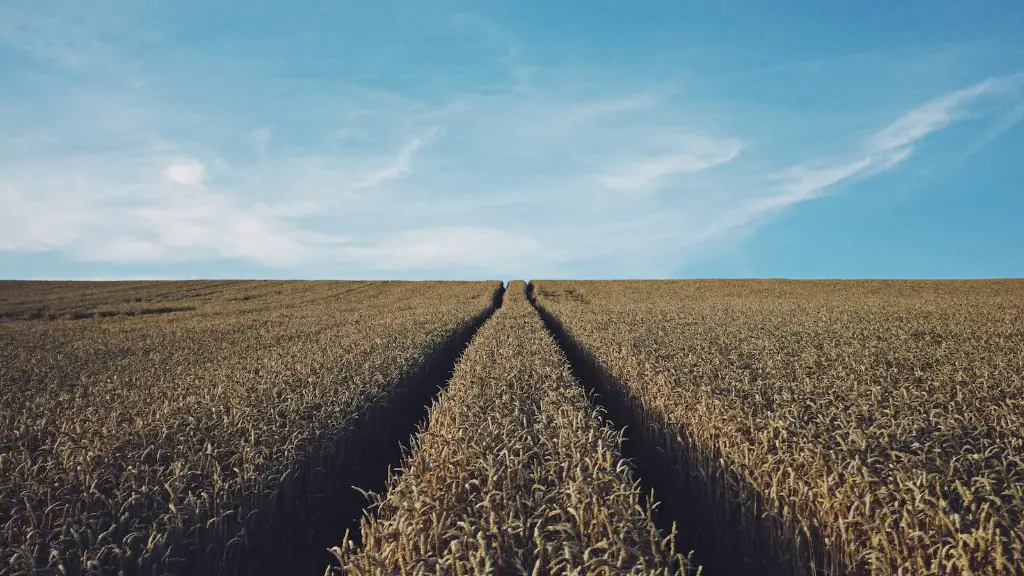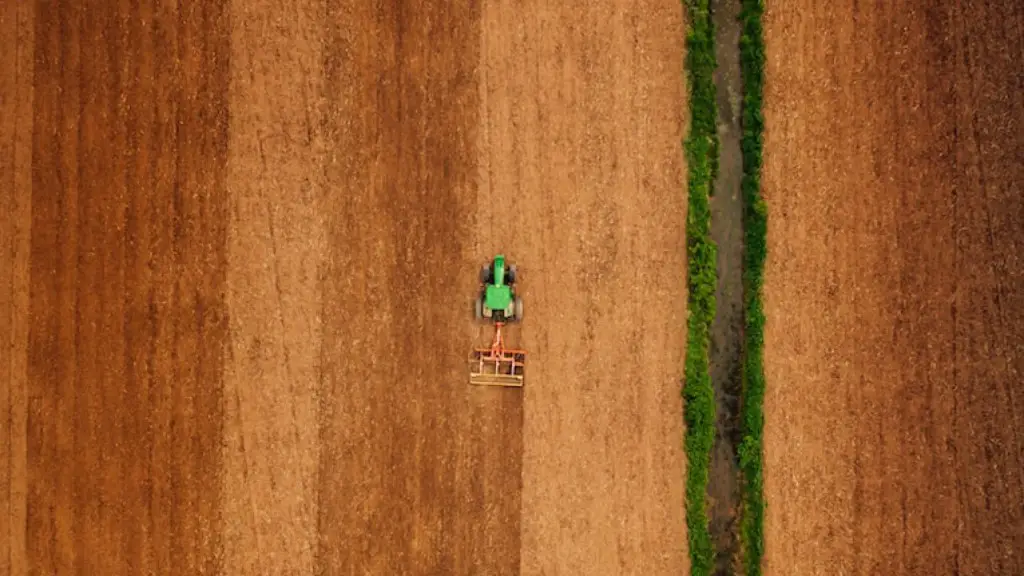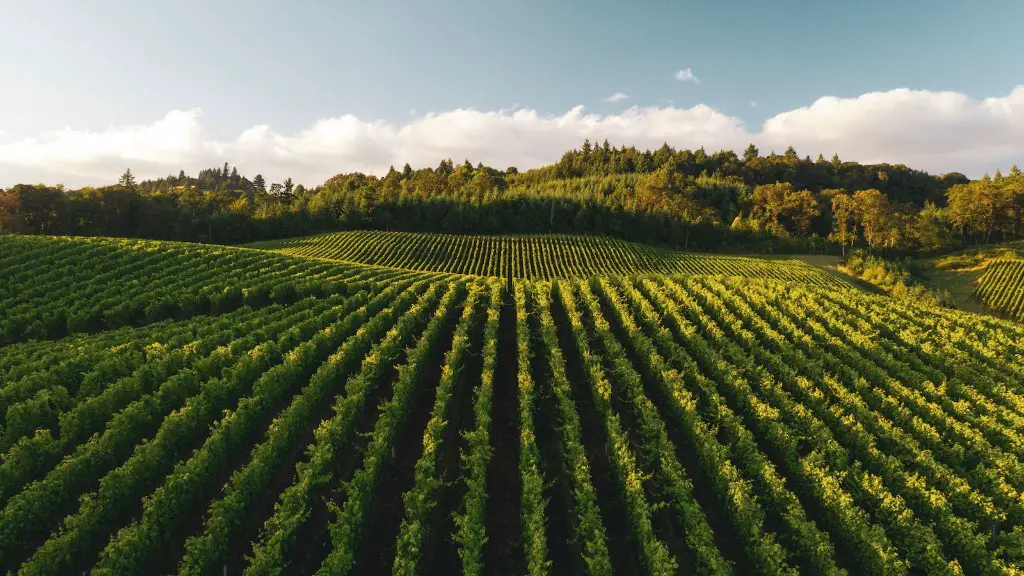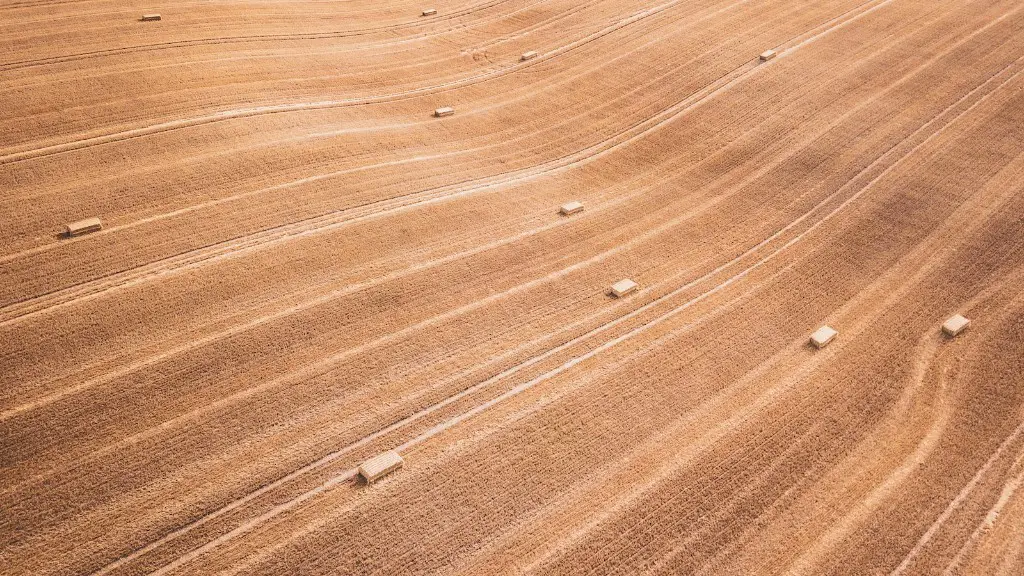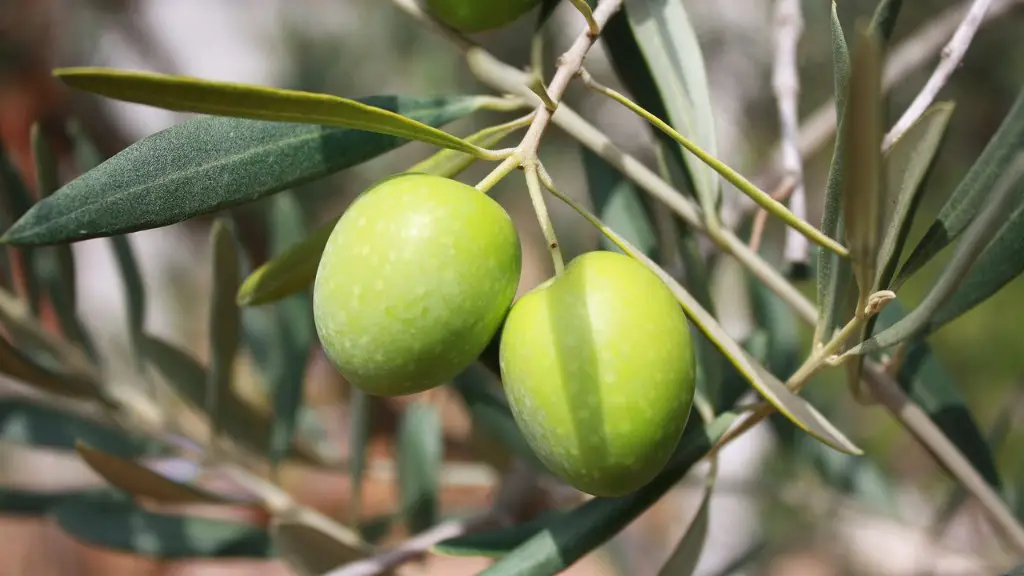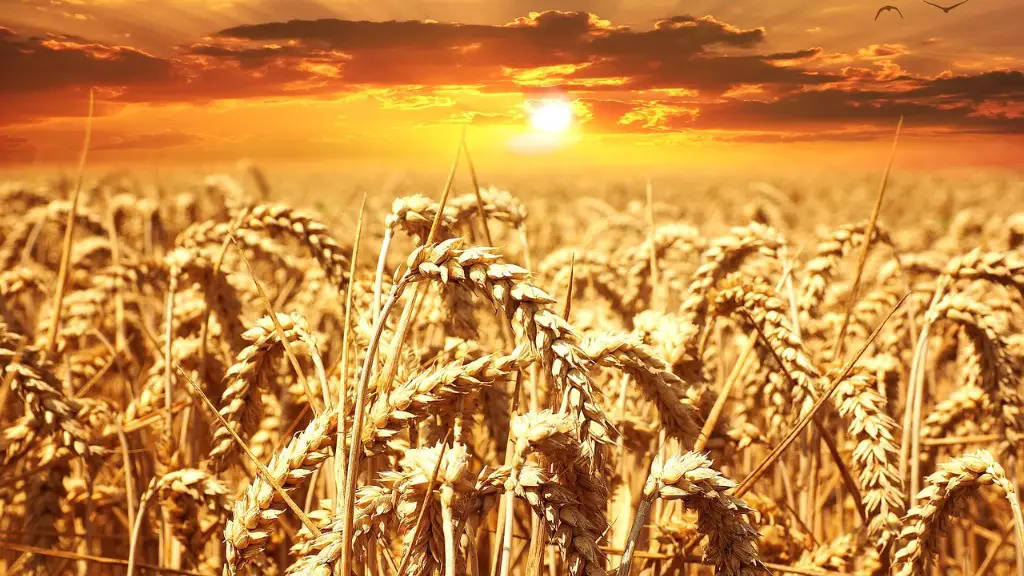The invention of agriculture has been a topic of debate for many years. Some people believe that it was a terrible mistake that led to a decline in human health and an increase in disease. Others believe that it was a necessary step in the evolution of humankind.
The invention of agriculture was not a terrible mistake. Agriculture allowed for the domestication of plants and animals, which led to the development of civilizations. Agriculture also allowed for the growth of cities and the rise of trade and commerce.
Was the invention of agriculture a mistake?
This is a really interesting topic! It’s definitely something that we should be aware of as we move forward in our own development. It’s important to learn from our mistakes and make sure that we don’t repeat them in the future.
The agricultural revolution had a variety of consequences for humans. It has been linked to everything from societal inequality—a result of humans’ increased dependence on the land and fears of scarcity—to a decline in nutrition and a rise in infectious diseases contracted from domesticated animals.
What was the worst mistake in the history of the human race 1987
In this article, Jared Diamond challenges the popular belief that the adoption of agriculture was a progressive step for human beings. He argues that, in fact, it was the worst mistake in the history of the human race. He cites a number of reasons for this, including the fact that agriculture led to a sedentary lifestyle that was detrimental to our health, and that it led to the rise of civilizations which were often oppressive and violent.
While Jared Diamond’s essay “The Worst Mistake in the History of the Human Race” makes some interesting points, it ultimately falls short in its argument. Agriculture has led to many positive consequences for humanity, and to suggest that it is the worst mistake in our history is simply not accurate.
Did agriculture make life better?
When early humans began farming, they were able to produce enough food that they no longer had to migrate to their food source. This meant they could build permanent structures, and develop villages, towns, and eventually even cities. Closely connected to the rise of settled societies was an increase in population.
Setting the table to address the triple challenge means looking at the big picture and finding ways to improve the food system as a whole. This includes supporting farmers, ensuring access to nutritious food, and reducing the environmental impact of food production.
Why agriculture was a big mistake?
The pros and cons of agricultural dependency have been hotly debated for centuries. Some argue that the farmers gained cheap calories at the cost of poor nutrition, while others claim that agriculture actually improved nutrition overall. Additionally, because of dependence on a limited number of crops, farmers ran the risk of starvation if one crop failed. Finally, the mere fact that agriculture encouraged people to clump together in one place led to the spread of parasites and infectious disease.
The Agricultural Revolution led to the rise of a ruling class that controlled the land and the means of production. This left the majority of peasants to work in the fields and sweat for their Survival. The ancient’s pursuit of an easier life resulted in much hardship for the majority of people.
Was the Agricultural Revolution bad or good
The Agricultural Revolution in Britain was a major turning point in the country’s history, allowing for population growth and sustained industrialization. It is estimated that agricultural output grew 27-fold between 1700 and 1870, and output per worker at a similar rate. This growth was essential to Britain’s development and helped make the country a leading industrial power.
Overpopulation has been a problem throughout history. When people are forced to choose between limiting population or trying to increase food production, they often choose the latter. This can lead to starvation, warfare, and tyranny.
Increasing inequality is nothing new – it arrived with agriculture. When people started growing more crops, settling down and building cities, the rich usually got much richer, compared to the poor. Today, we’re seeing the same thing happen on a global scale. The gap between the haves and the have-nots is widening, and it’s largely due to unequal access to resources and opportunities.
The good news is that we’re also seeing a growing movement to address inequality. From grassroots organizations to international institutions, more and more people are recognizing the need for a more equal world. With the right policies and programs in place, we can start to close the gap and give everyone a fair chance to succeed.
There are increasing pressures from climate change, soil erosion and biodiversity loss and from consumers’ changing tastes in food and concerns about how it is produced. And the natural world that farming works with – plants, pests and diseases – continue to pose their own challenges.
Farming is an essential part of the food chain, but it is not an easy job. In addition to the physical demands of the work, farmers have to constantly adapt to changes in the environment and the marketplace.
The pressure from climate change is perhaps the biggest challenge farmers face. As the world gets warmer, weather patterns are changing and becoming more unpredictable. This can ruin crops, cause droughts or floods, and lead to increases in pests and diseases.
Soil erosion is another big problem. As farmers plough their fields, the soil is gradually eroded away. This makes it harder to grow crops, and can eventually lead to the soil becoming completely depleted.
Biodiversity loss is another serious issue. The loss of habitats and the decline ofPollinators such as bees means that there are fewer plants and animals in the world. This can have a knock-on effect on the food chain, as plants and animals that are vital for the healthy functioning of ecosystems are lost
Was farming a good idea
Farming has been a key driver of human civilisation, providing food for larger populations and allowing for job specialization. Storage of surpluses has also been important, as it has allowed for societies to become more complex.
536 is considered the worst year to be alive because of the extreme weather conditions that occurred. A volcanic eruption in Iceland caused the snow to melt, which led to widespread famine. In China, the Yellow River flooded, causing even more death and destruction.
What is considered the worst time in history?
The year 536 AD was the absolute worst time to be alive, according to a team of scientists and historians. They looked back at humans’ history on Earth and determined that this was the worst year. Many factors contributed to this, including a volcanic eruption that caused worldwide climate change, resulting in famine, disease, and death.
This lack of variety in diet among early farming communities led to significantly less nutrition being reflected in the bones that archeologists dig up. The teeth and bones of hunter-gatherers tend to be healthier and less disease-ridden than their farming counterparts, likely due to their more varied and nutritious diet.
Did agriculture contribute to poorer human health
Many agricultural practices and food systems have negative impacts on human health. Poor nutrition, cancer, fertility problems, and digestive diseases are just some of the health issues that can result from these practices. While it is important to maintain a healthy agricultural industry, it is also crucial to be aware of the potential health risks associated with it.
Agriculture is one of the most important aspects of human civilization. Without it, we would starve and the modern world would come to a stop. Therefore, sustainable agriculture, climate-smart agriculture, modern genetics, and improved farming methods are needed to ensure global food security.
Final Words
The invention of agriculture was not a terrible mistake.
The invention of agriculture was not a terrible mistake. It allowed for the growth of civilizations and the advance of human knowledge. It also allowed for the growth of food production and the domestication of animals.
